
Camarines Sur, officially the Province of Camarines Sur, is a province in the Philippines located in the Bicol Region on Luzon. Its capital is Pili and the province borders Camarines Norte and Quezon to the northwest, and Albay to the south. To the east lies the island province of Catanduanes across the Maqueda Channel.

Camarines Norte, officially the Province of Camarines Norte, is a province in the Philippines located in the Bicol Region in Luzon. Its capital is Daet. The province borders Quezon to the west, Camarines Sur to the south, and the Philippine Sea to the north. It has historically been a Bikol-speaking region. However, there has been a language shift in recent years to Tagalog, which is more commonly used nowadays.

Daet, officially the Municipality of Daet, is a 1st class municipality and capital of the province of Camarines Norte, Philippines. According to the 2020 census, it has a population of 111,700 people.

Labo, officially the Municipality of Labo, is a 1st class municipality in the province of Camarines Norte, Philippines. According to the 2020 census, it has a population of 109,245 people.
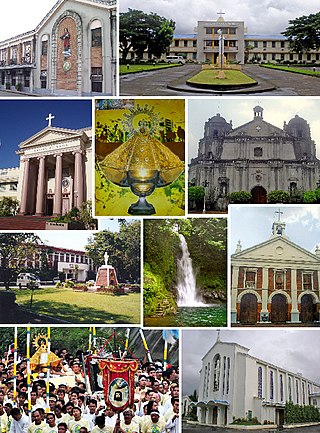
Naga, officially the City of Naga or the Pilgrim City of Naga, is a 1st class independent component city in the Bicol Region of the Philippines. According to the 2020 census, it has a population of 209,170 people.
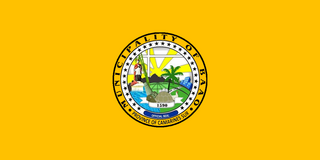
Baao, officially the Municipality of Baao is 1st class municipality in the province of Camarines Sur, Philippines. According to the 2020 census, it has a population of 61,493 people.

Bombon, officially the Municipality of Bombon, is a 4th class municipality in the province of Camarines Sur, Philippines. According to the 2020 census, it has a population of 17,995 people.
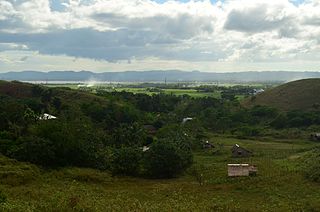
Bula, officially the Municipality of Bula, is a 1st class municipality in the province of Camarines Sur, Philippines. According to the 2020 census, it had a population of 73,143 people.

Camaligan, officially the Municipality of Camaligan, is a 4th class municipality in the province of Camarines Sur, Philippines. According to the 2020 census, it has a population of 25,036 people. Camaligan rapidly became an urban town during the 1990s.

Caramoan, officially the Municipality of Caramoan, is a 2nd class municipality in the province of Camarines Sur, Philippines. According to the 2020 census, it has a population of 51,728 people.

Del Gallego, officially the Municipality of Del Gallego, is a 4th class municipality in the province of Camarines Sur, Philippines. According to the 2020 census, it has a population of 26,403 people.

Milaor, officially the Municipality of Milaor, is a 3rd class municipality in the province of Camarines Sur, Philippines. According to the 2020 census, it has a population of 33,963 people.

Minalabac, officially the Municipality of Minalabac, is a 2nd class municipality in the province of Camarines Sur, Philippines. According to the 2020 census, it has a population of 53,981 people.
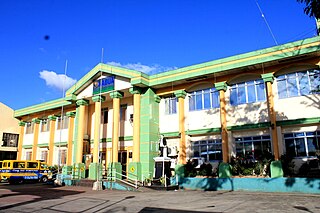
Nabua, officially the Municipality of Nabua, is a 1st class municipality in the province of Camarines Sur, Philippines. According to the 2020 census, it has a population of 86,490 people.
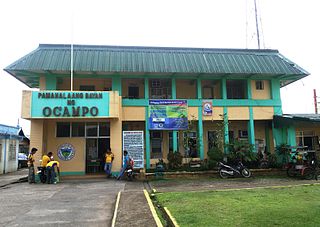
Ocampo, officially the Municipality of Ocampo, is a 1st class municipality in the province of Camarines Sur, Philippines. According to the 2020 census, it has a population of 51,073 people.

Pili, officially the Municipality of Pili is a 1st class municipality and capital of the province of Camarines Sur, Philippines. According to the 2020 census, it has a population of 99,196 people.

Ragay, officially the Municipality of Ragay, is a 1st class municipality in the province of Camarines Sur, Philippines. According to the 2020 census, it has a population of 59,770 people.
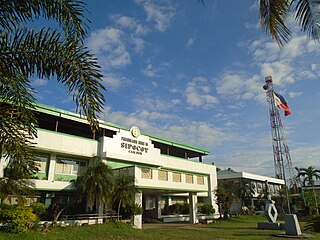
Sipocot, officially the Municipality of Sipocot, is a 1st class municipality in the province of Camarines Sur, Philippines. According to the 2020 census, it has a population of 68,169 people.

Mount Isarog is an active stratovolcano located in the province of Camarines Sur, Philippines, on the island of Luzon. The mountain has active fumaroles and hot springs. It has an elevation of 2,011.6 m (6,600 ft) above mean sea level.




















